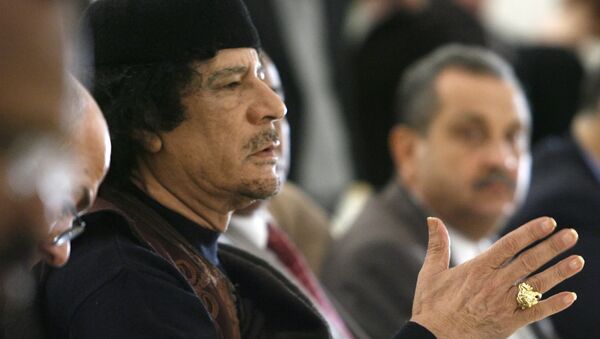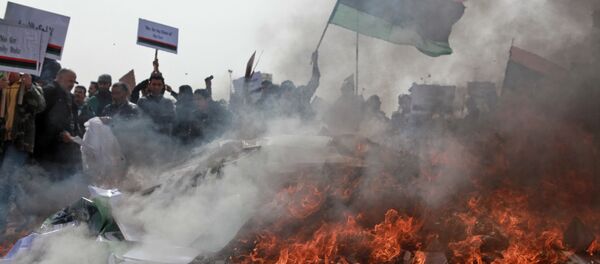The European Parliament (EP) has expressed concern over the EU's failure to gain political clout in Arab Spring countries despite hefty financial injections, according to a report by the parliament's Foreign Affairs Committee.
Members of the European Parliament are especially "alarmed about the fact that despite significant political and financial investments, as well as constant political and economic support, the EU was unable to obtain real political and economic influence in the region [the Middle East and North Africa]," the report said.
READ MORE: Arab Spring, 7 Years On: Tunisia Engulfed by Protests on Revolt Anniversary
According to the document, regional states "no longer consider the EP the driving force of radical changes in the designated territory".
The authors of the report described the Arab Spring as the moment when the ouster of most of the regimes in the region and the beginning of liberal reforms prompted "high hopes and expectations".
Eight years on, the authors claim, most of these expectations were never realised, which is why it is "extremely important" for the EU to assess how to expand its political influence in the region.
READ MORE: US Triggered Arab Spring, Destabilized Mid East — Egyptian Presidential Hopeful
Separately, the authors singled out the EP's concern over the emergence of "new political and economic regional players", such as Russia and China.
The EP's report specifically dealt with the situation in Morocco, Algeria, Tunisia, Libya, Egypt, Lebanon, Jordan and Syria.
The Arab Spring started with the Tunisian Revolution in late 2010, which was followed by social unrest in Libya, Egypt, Yemen, Syria and Bahrain.



